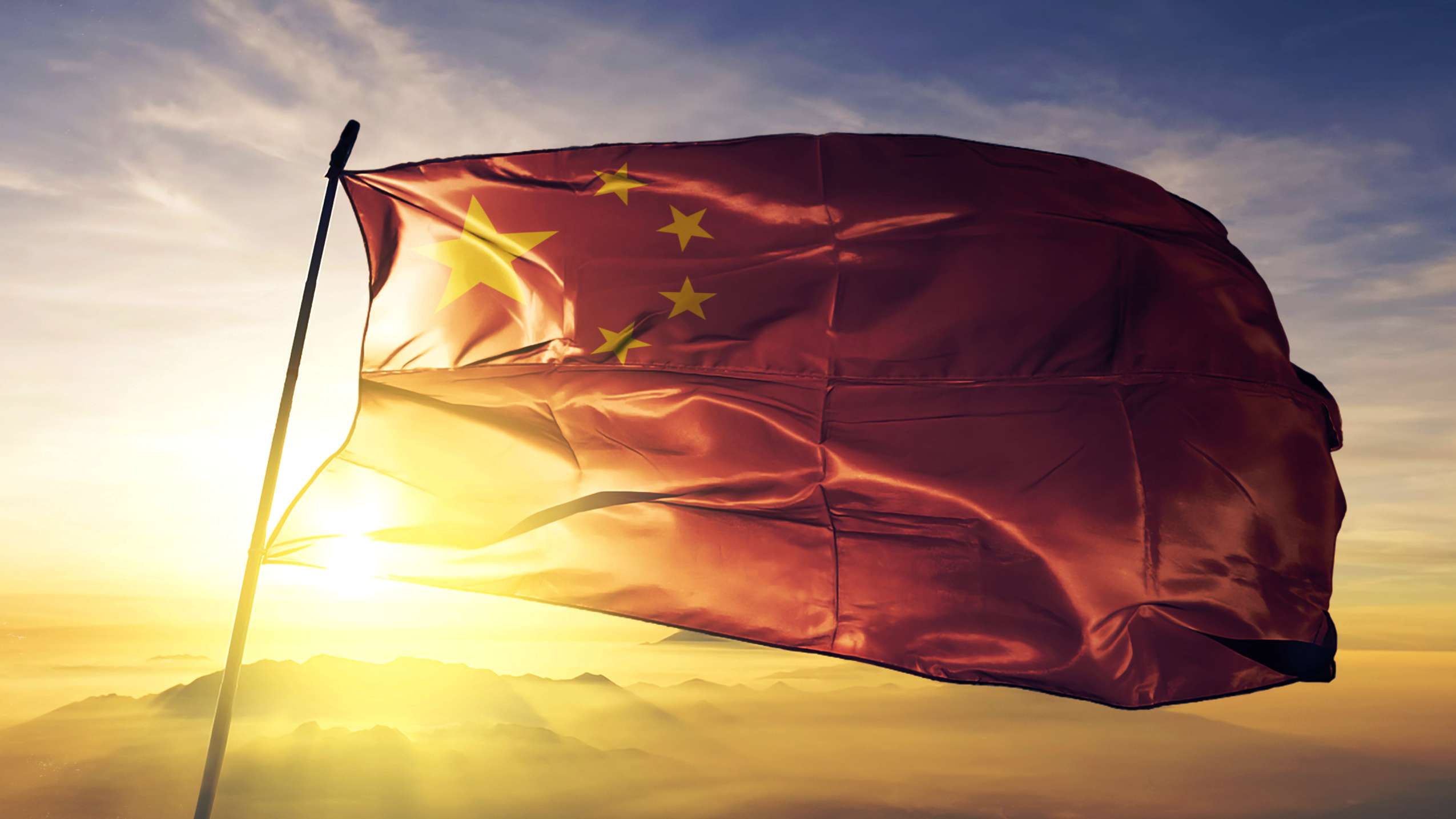- NEW REPORT
Sunburn: The Chinese Communist Party’s Extended Dominance of the Solar Supply Chain through Beachheads in the United States

The Horizon Advisory report titled, “Sunburn: The Chinese Communist Party’s Extended Dominance of the Solar Supply Chain through Beachheads in the United States,” outlines China’s strategic pursuit of energy dominance, particularly in the solar photovoltaic (PV) sector.
The Horizon report makes the following key points:
- China’s Government-Led Solar Dominance: China’s control over the solar supply chain is part of its broader strategy under the “Made in China 2025” agenda to dominate key global manufacturing sectors. The Chinese Communist Party (CCP) prioritizes sectors that are upstream of global production and undergoing industrial or technological transitions, such as solar energy, semiconductors, and high-speed rail.
- State Subsidization and Market Manipulation: Chinese solar companies receive extensive government subsidies along the entire value chain, allowing them to achieve monopolistic market control. These firms often undercut global competitors by selling products below manufacturing costs, leveraging their excess capacity to eliminate viable alternatives in the global market.
- Non-Market Tactics for Global Control: Beijing uses a non-market approach, enabling Chinese solar firms to dump excess capacity globally, often at a loss, to eliminate competition and secure long-term dominance. Chinese solar firms also invest internationally to secure footholds in key markets, including the United States, where they position themselves to take advantage of local incentives and influence market policies.
- Strategic Threat to U.S. and Global Independence: The report argues that China’s solar dominance creates a significant strategic vulnerability for the U.S. and other nations, undermining energy independence and violating international free-market norms. China’s approach not only targets economic leadership but also positions Beijing to exert political and industrial influence in other countries.
The Horizon report also includes alarming findings regarding the Solar Energy Industries Association (SEIA), China’s subsidies to its solar manufacturers, and China’s efforts to dominate the U.S. solar market. The report shows that China’s solar industry is supported by extensive government subsidies and strategic policies designed to dominate global markets, including the U.S. market, with SEIA playing a crucial role in facilitating Chinese access to these markets.
- SEIA as a Proxy for Chinese Interests: SEIA is criticized for serving the interests of Chinese solar manufacturers. It has consistently undermined U.S. policies aimed at supporting domestic solar production, instead lobbying for policies that benefit Chinese companies. SEIA’s actions, such as its lobbying for the solar tariff moratorium, have allowed Chinese solar companies to circumvent U.S. trade laws, damaging the U.S. solar industry. SEIA’s board includes representatives from Chinese-owned or invested entities, which influences its stance on market access for Chinese solar firms.
- Beijing’s Subsidies to Solar Manufacturers: China heavily subsidizes its solar companies across the entire value chain. Chinese solar giants like LONGi, JA Solar, and Jinko Solar receive substantial government support, which allows them to produce and sell solar components at prices below production costs, undercutting global competitors. For instance, in 2023, LONGi received $189.4 million in subsidies, and JA Solar received $191 million. These subsidies help Chinese firms dominate the global solar market by creating excess capacity and dumping cheap products internationally.
- China’s Stranglehold on the U.S. Solar Market: China’s dominance in solar manufacturing is part of a broader strategy to control critical industries. By leveraging government subsidies and localization strategies, Chinese companies have been able to increase their foothold in the U.S. market. Chinese solar firms set up assembly plants in the U.S. to access federal tax credits, including those provided by the Inflation Reduction Act. This strategy allows Chinese firms to benefit from U.S. incentives while retaining control over the high-value segments of the solar supply chain in China. China’s solar giants, such as LONGi and Trina Solar, have been expanding their presence in the U.S., positioning themselves to benefit from U.S. policies intended to boost domestic solar manufacturing.



